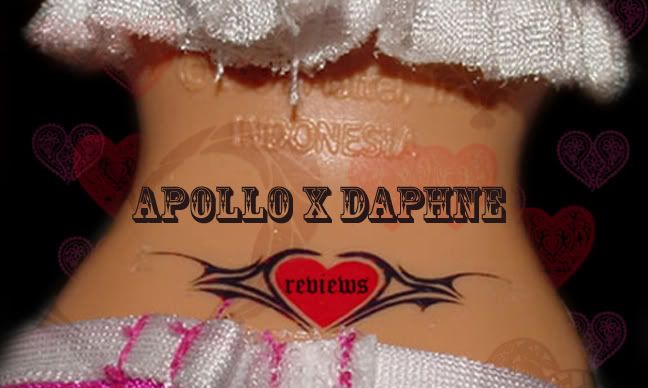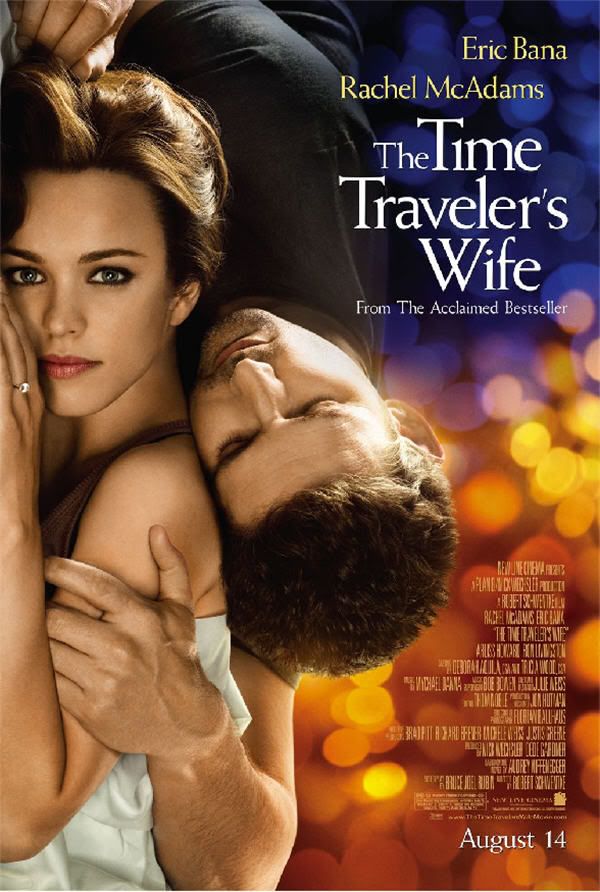
I wish Jane Yolen wrote more books like this. In fact, I wish she wrote books like this for an older audience. If you didn't read the first three in your younger years, it might be hard to appreciate her first installment after three decades, and the final book in the quartet (yes, it's a quartet; it was meant to be a trilogy, but Yolen finally concluded the series this year with a fourth book). Dragon's Blood, Heart's Blood, and A Sending of Dragons were all written in the 1980's, and Dragon's Heart was released in 2009.
For young adult books, the politics of Penal Colony planet Austar IV get progressively sophisticated as the series continues. All the books follow the endeavors of Jakkin Stewart, a bonder working on the dragon farm of Master Sarkkhan. As arid and desert-like as Austar is, one of its major industries is dragon breeding for stews, pets, and pit fighting. In Dragon's Blood, Jakkin is unusually ambitious for a bonder, and wants to throw off the yoke of mastery by raising his own dragon; thus, when a brood is miscounted he steals away a baby dragon and begins to raise it on his own in the desert by night. Aiding him is the beautiful and mysterious Akki, the daughter of Sarkkhan; she disappears at the end of the novel, having gone to the City for unknown reasons.
In Heart's Blood, Jakkin has found success with the up-and-coming Heart's Blood, and takes her to several fights in the Rokk Major stadium; he's even won the support of the genial Master Sarkkhan, who appreciates Jakkin's drive and ambition and has given him his freedom. However, he's plunged into a world of dangerous politics when he's sent on a mission to infiltrate a rebel cell to help Akki. A struggle has begun between the ancestors of convicts (anyone with a double k in his or her name) and the wealthy feders, or off-worlders. The story ends with Heart's Blood having given birth to five hatchlings, and tragedy.
A Sending of Dragons is the strangest novel in the bunch, and chronicles the year that Jakkin, Akki, and Heart's Blood's brood spend hiding in the mountains after the disaster at the end of the last book, with their new gift of "sight," or the ability to communicate directly with dragons. They spend much of it fighting the trogs, an ancient race of people who are mute, brutish, and who inhabit the mountain and engage in dragon sacrifice to aquire their mysterious telepathic power. At the end of the novel, Jakkin and Akki are rescued and must return to civilization, hiding their dangerous new gift from everyone.
And finally, after more than ten years, a conclusion.
In Dragon's Heart, Akki makes it her mission to find a way to give everyone dragon sight without dragon slaughter; if the secret is revealed before then, the entire planet's dragon population will be endangered. Meanwhile, both Jakkin and Akki have once again been recruited by Senator Golden, the duplicitous man who had them infiltrate a rebel cell and caused them to unknowingly commit an act of terrorism.
On the whole, these books stand entirely separate from one another. Dragon's Blood is purely adventurous and blood-pumping, while Heart's Blood is the most tragic and confusing. and the end divides childhood and adulthood for both the protagonists. A Sending of Dragons is a surreal survival experience, and seems to take place on a different planet, but it certainly sets things up for the final book in which the reader feels a definite kinship with Jakkin and Akki for all of the strange things they've gone through. Dragon's Heart is the most politically-charged, and wanders into thriller territory at times; in that sense, it's more mature and also slightly disappointing. A return to the brilliant optimisn and straight-forwardness of first love and first fight of book one would have been more welcome. And after the striking realism of all four books, the ending feels empty.
These flaws are minor in the context of four of the best young adult fantasy/sci-fi novels out there. The details of Yolen's world are so simple, but so evocative. The bonder system, a history defined by crime and by names, and political strife all create a vivid world-which is the best part of the series.
-elln

